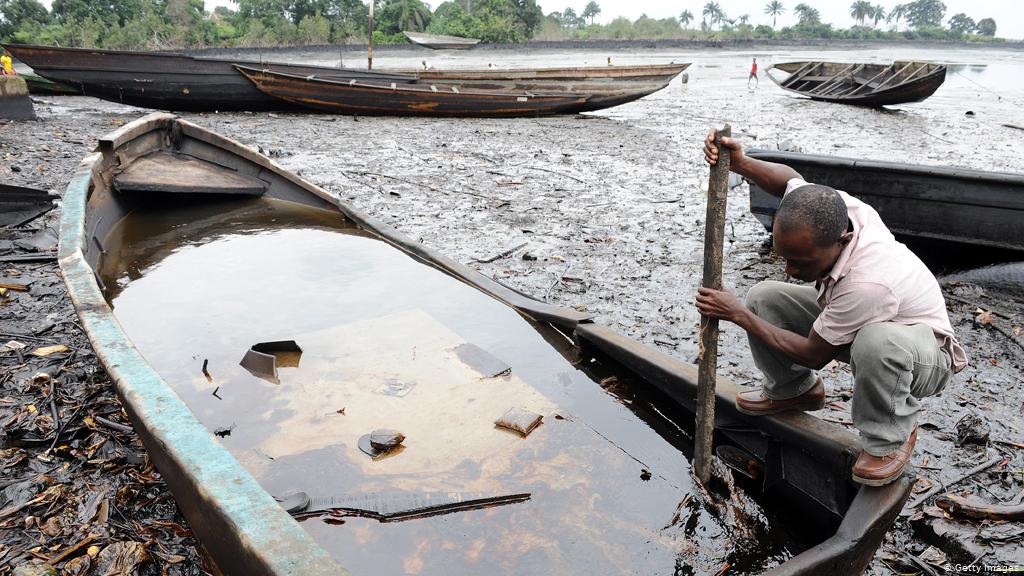Endangered turtles suffers effects of Oil spills in Lebanon

By Nneka Nwogwugwu
Following the oil spill off the Israeli coast early last month, beaches in South Lebanon are washed up with deposits of tar, thus, affecting endangered turtles.
“This is a green turtle, an endangered species, they never die so young,” said Hassan Hamze, director of the reserve.
Hamze then pointed to the carapace of a metre-long (three-foot) loggerhead turtle, also endangered, stuffed in a freezer in a back room in his office.
He said that while an autopsy to determine the exact cause of the turtles’ deaths was pending, at least four more had been found dead since the oil spill.
Lebanon’s National Council for Scientific Research says waves carrying tar crashed as far as 70m (230 feet) up from the waterline and the damage is not limited to the south. It says the soft black material has spread from Naqoura, near Israel, all the way up to the beaches in Beirut in the north. Worse still, clumps range between 50cm to 0.5cm, too tiny to be filtered out but still capable of spreading pollutants into the sand.
Aljazeera reports that dozens of volunteers have undertaken the painstaking task of cleaning the beaches, but are finding it impossible to clear the sand of the tinier tar particles.
The news of dead turtles was bad enough, but the disappointment of the young volunteers sifting through the sand was compounded by the fact that the beach at the Tyre Coast Nature Reserve was also their holiday spot, and a matter of pride at a time everything else in their country seemed to be collapsing.
A sliver of clean and cushiony beaches in the south are thronged every summer by hundreds of thousands of Lebanese who lay on the sand to soak in the sun and forget their worries about the country’s economic collapse, rampant corruption and foreign meddling.
The turtles arrive in May, shortly before the tourists. To prepare for them, environmental activists would start cleaning the beaches of plastic and other waste at least a month before.
Fatima Jaafar, a science teacher and a volunteer with Green Southerners, a non-governmental organisation that works on environmental issues, is one of those activists.
“Mother turtles are very picky about where they hatch their eggs,” she said. “If they sense anything wrong, they will turn back to lay eggs in the sea and we will lose a whole generation of turtles.”
This year, however, her task has become immeasurably harder.
Her team of volunteers has been coming every day for the last week to the Al-Bakbook beach, but so far they have managed to clean just about 500m of the 3km-long stretch.
She says many of the tar particles are too small, invisible to the naked eye, and go straight through her sieves. Moreover, the wind has moved the sand and hidden the tar in its layers.
Jaafar says the worry is that as temperatures rise the tar will melt and mix in the sand, turning it poisonous for generations of turtles.
